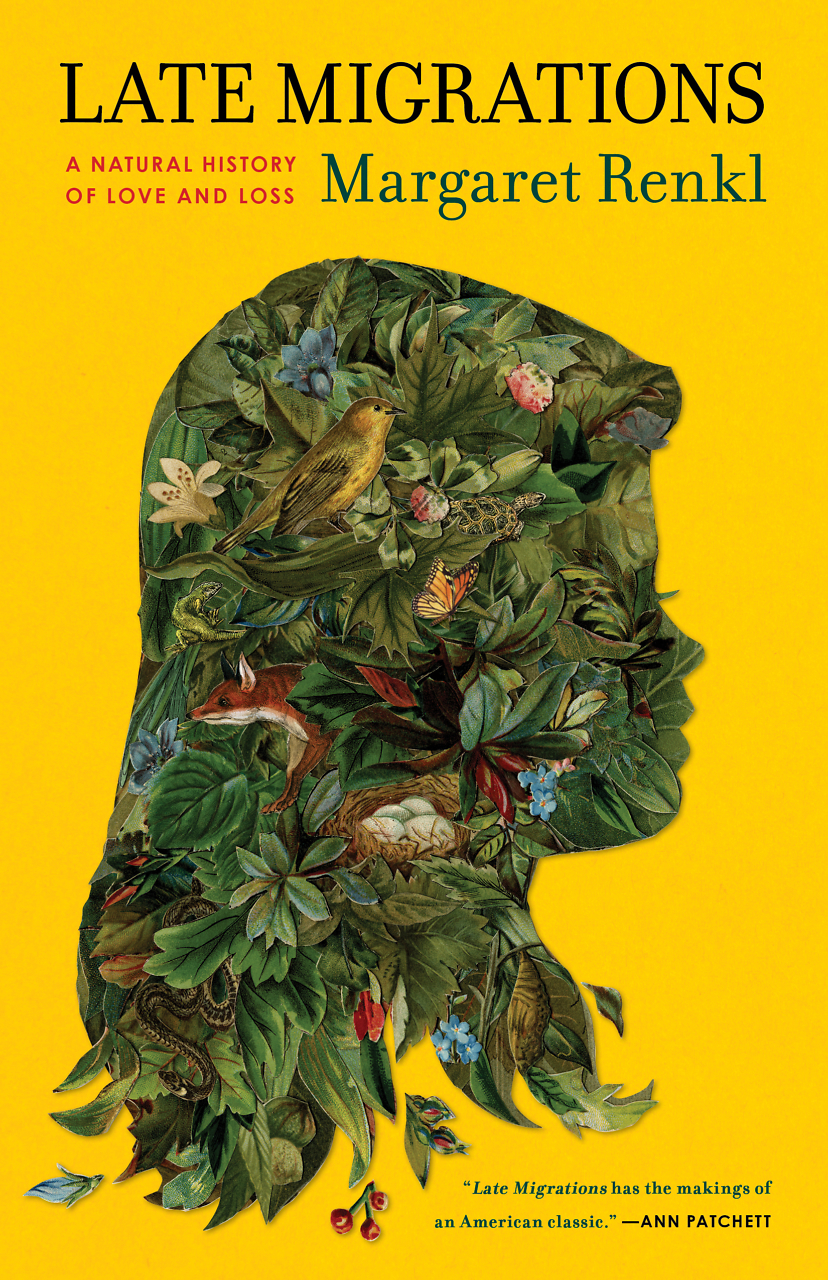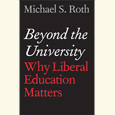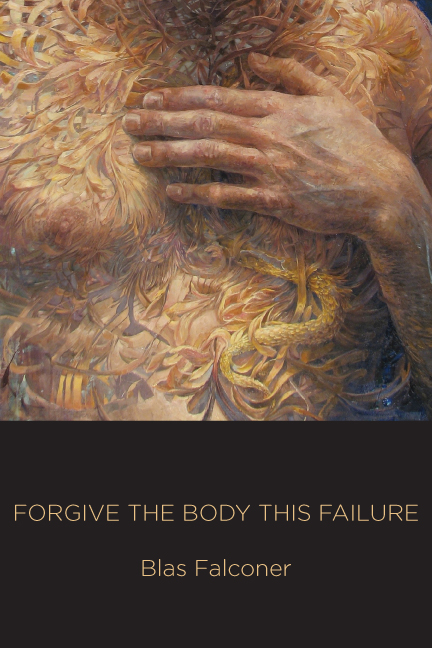Workshop Dispatches
Sewanee writers share thoughts on craft
The 18 essays in As We Were Saying are gleaned from recent craft talks delivered at the Sewanee Writers’ Conference, which is held each summer on the campus of the University of the South. In his introduction to the book, Wyatt Prunty, founding director of the conference, describes the annual gathering as appearing to be a house party when in fact the writers in attendance “are not present for parties but for each other by means of workshops, close line-by-line responses to texts, readings, talks, individual meetings over manuscripts, and formal and informal opportunities to meet editors, agents, and publishers looking for new talent.”
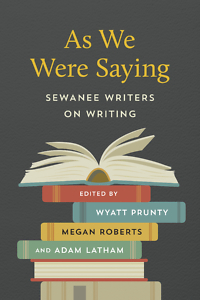 Prunty, along with co-editors Megan Roberts and Adam Latham, has compiled a diverse cast of writers who explore an array of topics, from Alice McDermott’s thoughts on folktales to Mary Jo Salter’s consideration of the life and mindset of the late poet Mark Strand to Dan O’Brien’s meditation on his revelatory journey into the world of playwriting. Some of the writers offer a close analysis of one or two authors, while others focus on a particular technique in writing or storytelling.
Prunty, along with co-editors Megan Roberts and Adam Latham, has compiled a diverse cast of writers who explore an array of topics, from Alice McDermott’s thoughts on folktales to Mary Jo Salter’s consideration of the life and mindset of the late poet Mark Strand to Dan O’Brien’s meditation on his revelatory journey into the world of playwriting. Some of the writers offer a close analysis of one or two authors, while others focus on a particular technique in writing or storytelling.
McDermott delves into an Irish folktale about a man in search of water for his dog, contrasting her analysis of the narrative to real-life distractions that can pull a reader away from a story. McDermott, for example, often judges the worth of a story by whether it causes her to linger on the walk from her mailbox to her front door where her labradoodle Rufous waits to be taken out for his walk. “More than once I’ve entertained the notion that the fiction editors at the New Yorker should be informed each week of how well the opening paragraphs of the current short story have withstood Rufous’s brown-eyed charm,” writes McDermott.
Andrew Hudgins examines the importance of word selection in his essay on Robert Frost’s “Out, Out —.” Through experimenting with the effect of word replacement, Hudgins demonstrates the importance of craft, while also sharing his love for Frost, whose poem “reached out, snagged my attention, and changed forever my ideas about what poetry could be.”
Other contributors share their personal connection to writing, as well. In “Haunted,” Jill McCorkle writes about the impact a house in her hometown — known to McCorkle and her friends as “the murder suicide house” — has had on her writing over the years. Dan O’Brien, in his essay “Unspeakable: Speech on Stage,” explores the impact of his childhood on the way he composes dialogue in his plays.
Several essays focus strictly on examining one or two writers, such as William Logan’s essay on Donald Justice and Wyatt Prunty’s comparison of Philip Larkin’s and Richard Wilbur’s differing styles. Mary Jo Salter, literary executor for Mark Strand, who passed away in 2014, provides an insightful look at Strand’s life and his thoughts on the legacy of his writing after his death.
Margot Livesey, in her essay “The Train Stops Here: The Optimism of Revision,” succinctly captures the essence of the entire collection when she states, “Making art is fundamentally inefficient.” Yet writers continue to write, revise, and edit their work, she explains, because the act of writing is a journey and a process of discovery. As Livesey points out, “Often the writer is waiting to find out what happens just as much, perhaps even more than, the reader.”
Taken together, the essays in As We Were Saying describe the challenges of reading and writing while also drawing attention to the life-changing joys and revelations of the written word. Each contributor writes with a palpable love of language and a passion for guiding fellow writers and readers toward a stronger connection with literature.
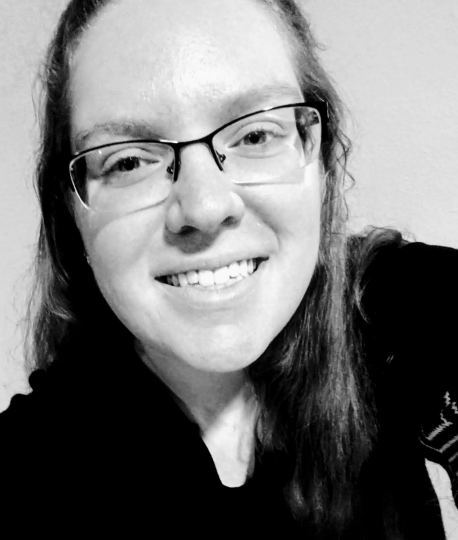
Abby N. Lewis is an assistant poetry editor at Minerva Rising Press and holds two M.A. degrees from East Tennessee State University. Her work has appeared in Across the Margin, Timber, Up the Staircase Quarterly, Red Eft Review, and elsewhere. She currently lives in Knoxville.
